| |
FAQ - Frequently Asked Questions
-
Why can't I find "shakuhachi" or "tarogato"?
Instruments linked to a specific culture are usually not translated and hence were not included in woodwindwords. A good overview of the various members of the woodwind family can be found on wikipedia.
-
Some of these words are rather strange. Why are there no explanations?
Woodwindwords was created to help people express themselves in another language, but assumes they know what they want to say in at least one language.
- Is there a printed edition of woodwindwords?
This would certainly be useful, but - woodwindwords should remain a work in progress. This way people of various backgrounds, speakers of various languages, experts of various fields can contribute their knowledge.
- A data base offers more complex search modes than a book.
- For a multilingual dictionary a digital approach seems more conveniant.
- Who wrote it all?
After 3 years of studying woodwind instrument making in England (Newark & Sherwood College) and 7 years of clarinet making in Germany (Schwenk & Seggelke), Mona Lemmel finds herself in France. She becomes acquainted with weird and wonderful woodwind words for a third time: her English and German vocabulary is now joined by French. She transforms her scribbled lists into an online data base, hoping it might be useful to other adepts.
Many thanks to all who helped with the realisation of this dictionary, especially
- to Guy Collin for plenty of French terms
- to Karl Pfretzschner, Nicholas S. Lander, Liesbeth van der Sluijs and Claire Soubeyran for further contributions
- to the companies who agreed with the use of photographic material
- and to several programming experts for their tips and patience.
|
|



